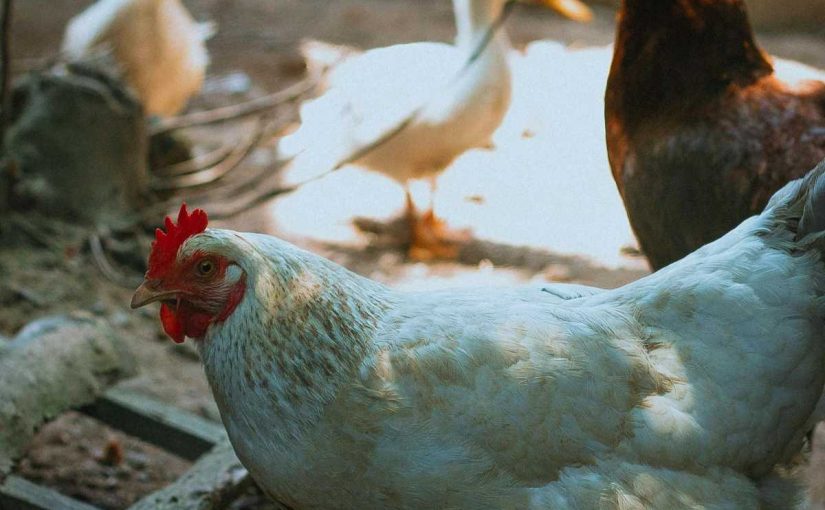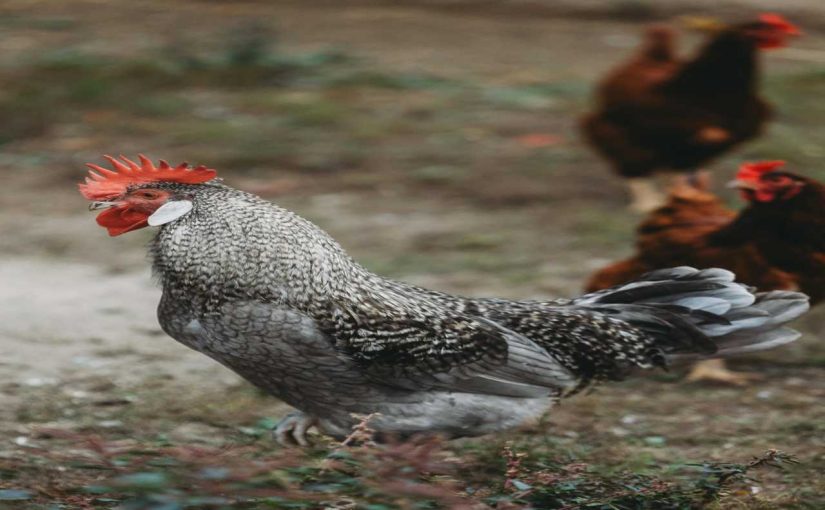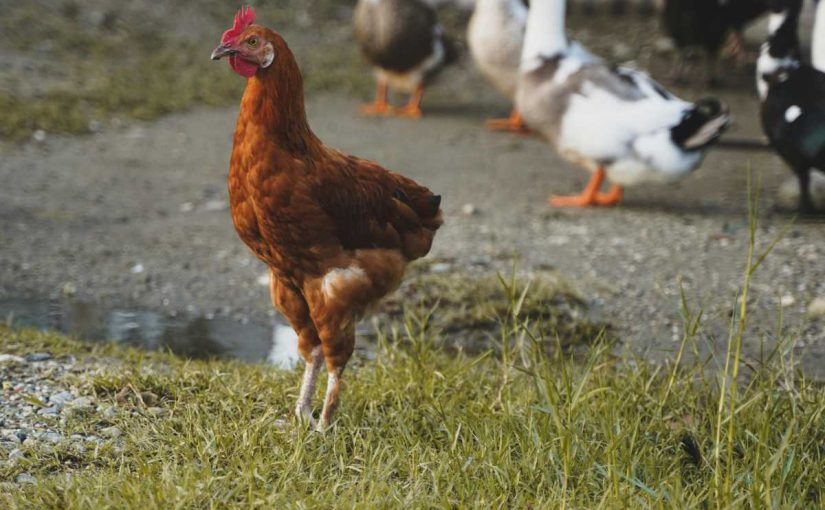Raising chickens for their eggs is a popular reason why many people venture into poultry keeping. Whether for personal consumption or for selling, egg size and quality play a significant role in the decision. Not all chicken breeds are the same when it comes to egg size. Some breeds are well-known for laying particularly large eggs, which many prefer for their greater nutritional value and versatility in cooking.
If you’re thinking about raising chickens that produce large eggs, this guide will introduce you to the best breeds for the job. We’ll cover which chicken breeds are known for their large eggs, the factors that can affect egg size, and some helpful tips on raising chickens to maximize egg production.
Why Choose Large Egg-Laying Breeds?
Before we dive into the top chicken breeds for large eggs, let’s first understand why larger eggs are often preferred.
- More Nutrients: Larger eggs generally contain more protein, vitamins, and minerals because of their bigger yolk and white portions.
- Versatility in Cooking: Big eggs are great for baking and cooking, offering a richer texture and flavor. Many people prefer them for dishes like scrambled eggs and omelets.
- Commercial Value: If you’re selling eggs, large eggs are typically in higher demand and can be sold at premium prices.
Now, let’s explore the top chicken breeds that are renowned for laying large eggs.
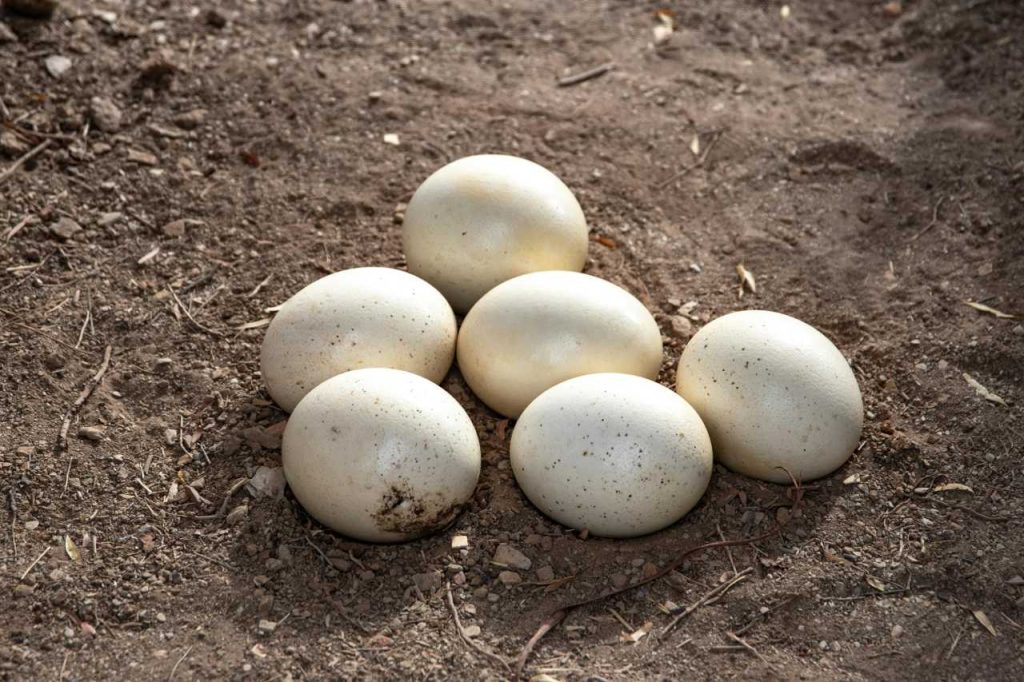
1. Jersey Giant: The Gentle Giant with Large Eggs
Jersey Giants are one of the largest chicken breeds, and as their name suggests, these birds are giants, often weighing 8 to 10 kg. Despite their size, they’re gentle and friendly birds, making them a great choice for backyard flocks.
- Egg Size: Extra-large
- Egg Color: Brown
- Egg Production: 150–200 eggs per year
Jersey Giants lay extra-large brown eggs. While their egg production isn’t as high as other breeds, the size of their eggs makes them a popular choice for those who prioritize big eggs.
Pros:
- Produces extra-large eggs
- Calm and easy to handle
- Hardy in cold climates
Cons:
- Slower to mature, taking longer to start laying
- Requires more food due to their size
2. Leghorn: Efficient Layers of Large White Eggs
Leghorns are one of the most productive egg-laying breeds, particularly known for their large white eggs. Though smaller than Jersey Giants, their egg-laying efficiency is impressive, making them a favorite for commercial egg production.
- Egg Size: Large to extra-large
- Egg Color: White
- Egg Production: 250–320 eggs per year
Leghorns are prolific layers, producing a significant number of large eggs annually. Their smaller size means they consume less feed, making them cost-effective for egg production.
Pros:
- High egg production rate
- Produces large, white eggs ideal for both personal and commercial use
- Economical to raise
Cons:
- Can be skittish and not as friendly as other breeds
- Requires more space to roam
3. Rhode Island Red: The All-Rounder for Large Brown Eggs
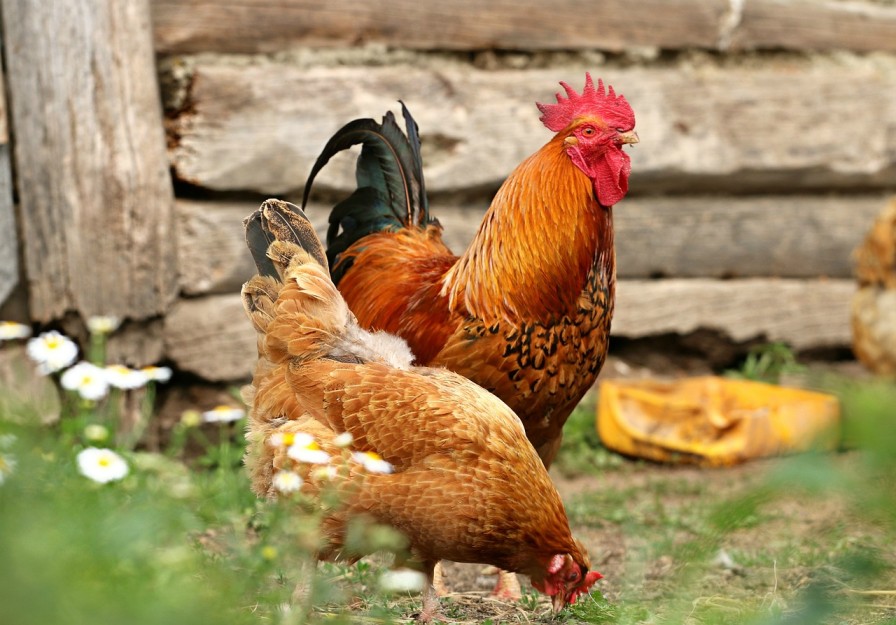
Rhode Island Reds are a dual-purpose breed, prized for both their meat and eggs. They are excellent layers of large brown eggs and are highly resilient, making them a popular choice for backyard chicken keepers.
- Egg Size: Large
- Egg Color: Brown
- Egg Production: 250–300 eggs per year
Rhode Island Reds are reliable layers and can thrive in various conditions, making them a great option for beginners.
Pros:
- Consistently lays large brown eggs
- Hardy and adaptable to different climates
- Friendly and easy to raise
Cons:
- Can be slightly aggressive toward other chickens
- Requires proper nutrition for optimal egg production
4. Sussex: The Reliable Large Egg Layer
Sussex chickens are known for their calm nature and large eggs. They’re easy to manage and good for both egg production and meat, making them a versatile addition to any backyard flock.
- Egg Size: Large
- Egg Color: Cream to light brown
- Egg Production: 240–260 eggs per year
Sussex chickens are good foragers, meaning they can supplement their diet by finding food in your yard, reducing feed costs.
Pros:
- Friendly and docile, great for families
- Produces large, creamy eggs
- Good for free-ranging
Cons:
- Egg production may slow down in winter
- Needs space to roam for optimal health and production
5. Orpington: The Queen of Large Brown Eggs
Orpingtons are beloved for their fluffy appearance and gentle temperament. They are reliable layers of large brown eggs and are ideal for colder climates.
- Egg Size: Large to extra-large
- Egg Color: Brown
- Egg Production: 180–220 eggs per year
Orpingtons are known for their winter laying abilities, continuing to produce eggs even when the weather turns cold.
Pros:
- Large brown eggs
- Friendly, making them perfect for families
- Excellent in cold climates
Cons:
- Requires more food due to their size
- Slightly lower egg production compared to other breeds
6. Barred Plymouth Rock: Consistent Layers of Large Brown Eggs
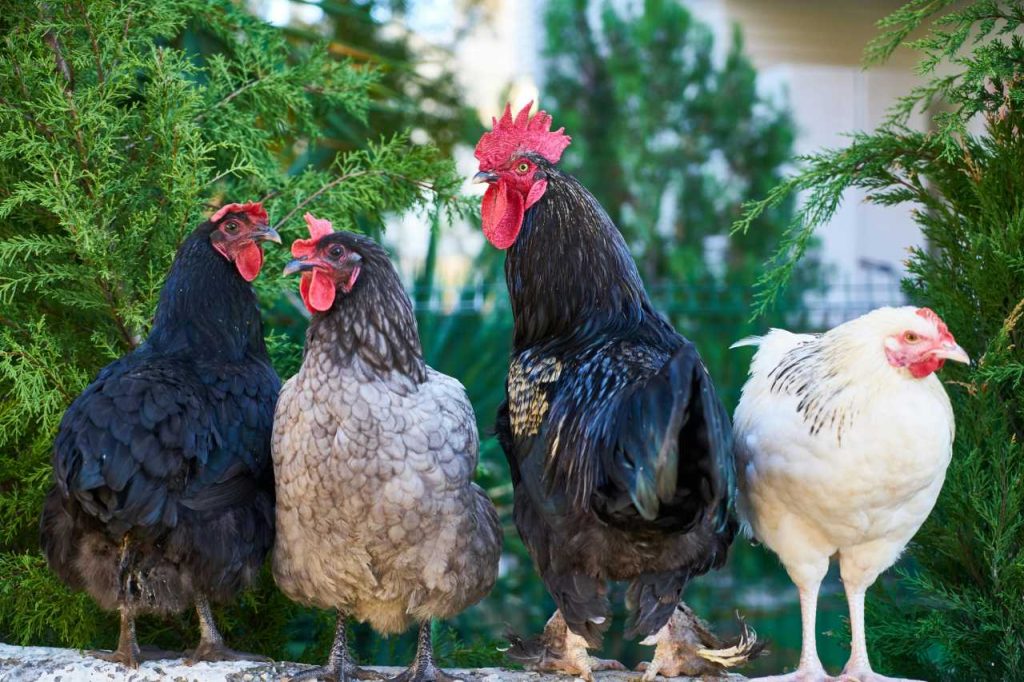
Barred Plymouth Rocks are a classic American breed known for steady egg production. They are friendly and hardy, making them great for beginners.
- Egg Size: Large
- Egg Color: Brown
- Egg Production: 200–280 eggs per year
Plymouth Rocks are great foragers and do well in different climates, making them a cost-effective breed to raise.
Pros:
- Large brown eggs
- Friendly and easy to manage
- Hardy and adaptable
Cons:
- Not as prolific as other breeds
- Can become broody, which may slow down egg production
7. Australorp: The Australian Champion of Large Eggs
Australorps are famous for setting the world record for most eggs laid in a year—364 eggs in 365 days! They are calm, friendly birds that produce large brown eggs consistently.
- Egg Size: Large
- Egg Color: Brown
- Egg Production: 250–300 eggs per year
Australorps are excellent for those who want a reliable supply of large eggs.
Pros:
- High egg production
- Friendly and good for beginners
- Adaptable to various climates
Cons:
- Can become broody, which affects egg production
- Needs a balanced diet for optimal productivity
Factors That Affect Egg Size
While breed plays a significant role in determining egg size, other factors can influence it as well:
- Age: Older hens tend to lay larger eggs than younger ones.
- Nutrition: A balanced diet rich in protein and calcium is crucial for large egg production.
- Environment: Hens that have enough room to move and forage are more likely to lay large, healthy eggs.
- Health: Healthy chickens produce larger eggs, so regular health checks and vaccinations are essential.
Tips for Raising Large Egg-Laying Breeds
To get the most out of your large egg-laying chickens, follow these tips:
- Provide a balanced diet: Make sure your chickens get enough protein, calcium, and vitamins for strong, large eggs.
- Give them space: Chickens need room to roam and forage, which contributes to better egg production.
- Monitor health: Regular health checks are crucial for keeping your flock healthy and productive.
- Pay attention to patterns: If egg size decreases, check for any issues with diet, health, or the environment.
Conclusion
If you’re looking to raise chickens that produce large eggs, selecting the right breed is key. Whether it’s the extra-large brown eggs from Jersey Giants or the high production rates of Leghorns, there are plenty of breeds that can meet your needs. With proper care, a balanced diet, and a good environment, your chickens will reward you with a steady supply of big, nutritious eggs.
Happy chicken raising!

